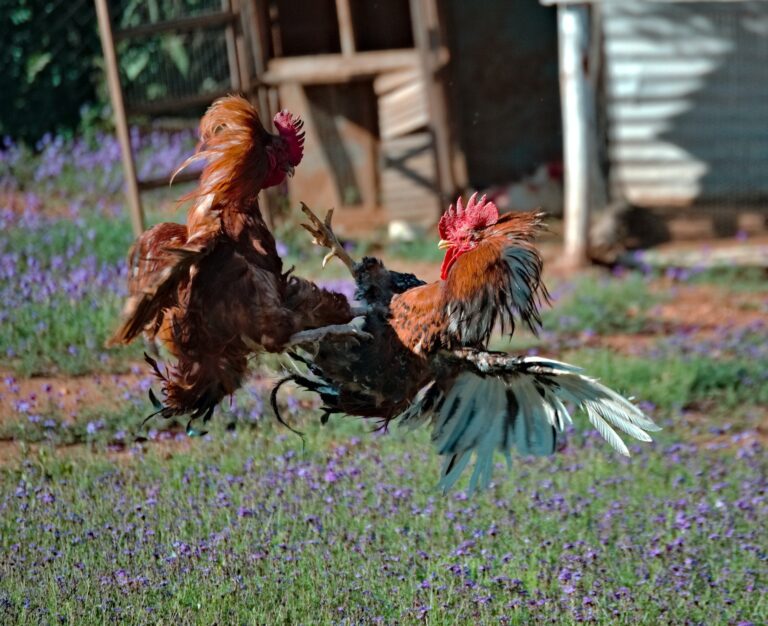Is Cockfighting Legal in China?
Cockfighting is illegal in China, but it still occurs in many rural areas and is deeply ingrained in Chinese culture. Despite the government’s efforts to ban the cruel sport, it continues to be practiced in secret and has even seen a resurgence in popularity in recent years.
What is the Overview of Cockfighting in China?
Cockfighting has been a part of Chinese culture for thousands of years, with evidence of the practice dating back to the Xia and Shang dynasties. Today, it is considered a cruel and inhumane form of entertainment, leading to the suffering and death of many animals. The sport typically involves two roosters fighting each other in a ring, with spectators betting on the outcome.
- Often takes place during traditional festivals and holidays
- Roosters are bred and trained specifically for fighting
- Sharp blades or metal spurs are often attached to the birds’ legs to inflict more damage
- Fights can last anywhere from a few minutes to over an hour
- Winning birds are often rewarded with food and care, while losing birds may be discarded or killed
How is Cockfighting Referred to in China?
In China, cockfighting is often referred to as 斗鸡 (dòu jī), which translates to fighting chickens. This term is used to describe the sport and the animals involved, as well as the culture surrounding it.
What are the Laws and Penalties Regarding Cockfighting in China?
Despite being illegal in China, cockfighting continues to occur due to a lack of enforcement and the deep-rooted cultural significance of the sport. The Chinese government has implemented various laws and penalties in an attempt to curb the practice:
| Law/Regulation | Penalty |
|---|---|
| Wildlife Protection Law | Fines and possible imprisonment for those involved in the capture, breeding, and selling of protected species for fighting purposes |
| Animal Epidemic Prevention Law | Fines for those who do not comply with regulations regarding the transportation, quarantine, and disposal of animals used for fighting |
| Public Security Administration Punishments Law | Detention and fines for those who organize or participate in illegal gambling activities related to cockfighting |
Where Can You Find Helpful Links, Government Laws, and Resources About Cockfighting in China?
For more information on the laws and regulations surrounding cockfighting in China, as well as resources on animal welfare, consider the following sources:
- Chinese Government Law Database: Comprehensive database of Chinese laws and regulations
- Animal Law Resource Center: International database of animal protection laws and resources
- World Animal Protection: International animal welfare organization working to end animal cruelty
- China Dialogue: Bilingual platform focusing on environmental and ethical issues in China
In conclusion, while cockfighting is illegal in China, it remains a deeply ingrained cultural practice that persists in many rural areas. Efforts to curb the cruel sport continue, but it is essential to raise awareness and promote animal welfare to bring about lasting change.
